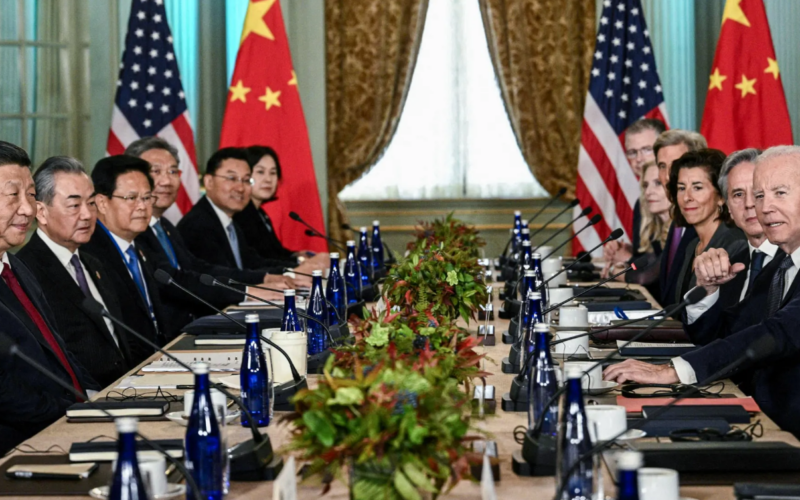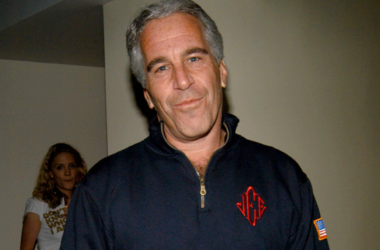In a surprising turn of events during a summit intended to ease tensions, Chinese President Xi Jinping issued a stern warning to U.S. President Joe Biden, asserting Beijing’s unwavering commitment to the reunification of Taiwan with mainland China. The message, delivered in San Francisco, garnered significant attention from U.S. officials, marking a notable departure from the diplomatic tone expected at gatherings aimed at fostering cooperation and de-escalating international disputes.
Xi Jinping’s unequivocal declaration on Taiwan’s reunification underscored the complexities surrounding one of the most sensitive geopolitical issues in the Asia-Pacific region. The carefully chosen venue of San Francisco, historically significant for its role in shaping global diplomatic agreements, added symbolic weight to the Chinese leader’s message, signaling the gravity with which Beijing views the matter of Taiwan.
The warning delivered by Xi Jinping during the summit with President Biden represents a departure from the anticipated diplomatic discourse that typically characterizes high-level meetings between world leaders. Rather than focusing on de-escalation and collaborative efforts to address global challenges, the Chinese leader chose to emphasize a core issue that has long been a source of tension between the United States and China.
The reunification of Taiwan with mainland China has been a longstanding objective for Beijing, reflecting a core component of the Chinese government’s vision for national unity. However, the explicit nature of Xi Jinping’s warning during a summit intended to reduce tensions suggests a strategic shift in China’s approach to addressing the Taiwan issue on the global stage.
The timing of the warning adds another layer of complexity to the already intricate web of U.S.-China relations. With tensions simmering on multiple fronts, including trade disputes, technology competition, and differing stances on regional issues, Xi’s message on Taiwan introduces a potential flashpoint that could further strain bilateral relations between the two global powers.
The significance of the warning is heightened by its delivery in San Francisco, a city steeped in diplomatic history and known for hosting key moments in international relations, including the signing of the United Nations Charter in 1945. The choice of venue adds a symbolic dimension to Xi’s message, amplifying the gravity of China’s stance on Taiwan’s reunification and emphasizing the historical context in which these geopolitical dynamics are unfolding.
For U.S. officials, the unexpected nature of Xi Jinping’s warning during a summit aimed at reducing tensions poses a diplomatic challenge. Navigating the intricate balance between addressing China’s assertiveness on the Taiwan issue and maintaining an open dialogue on areas of potential collaboration requires a nuanced and strategic approach from the Biden administration.
As the international community processes the implications of Xi’s message, the focus turns to the trajectory of U.S.-China relations and the potential impact on regional stability. The warning on Taiwan’s reunification serves as a stark reminder of the underlying geopolitical complexities that continue to shape the dynamics between major world powers, adding a layer of uncertainty to an already intricate global landscape.








